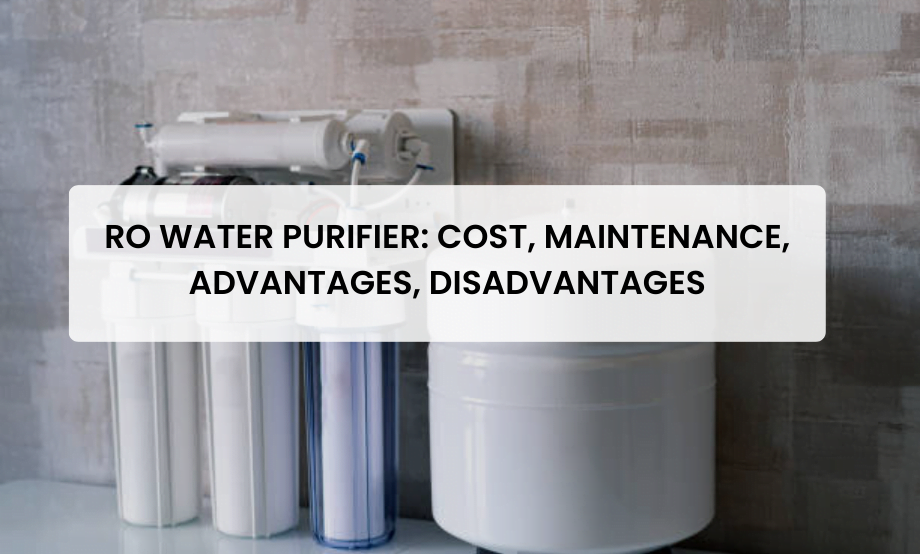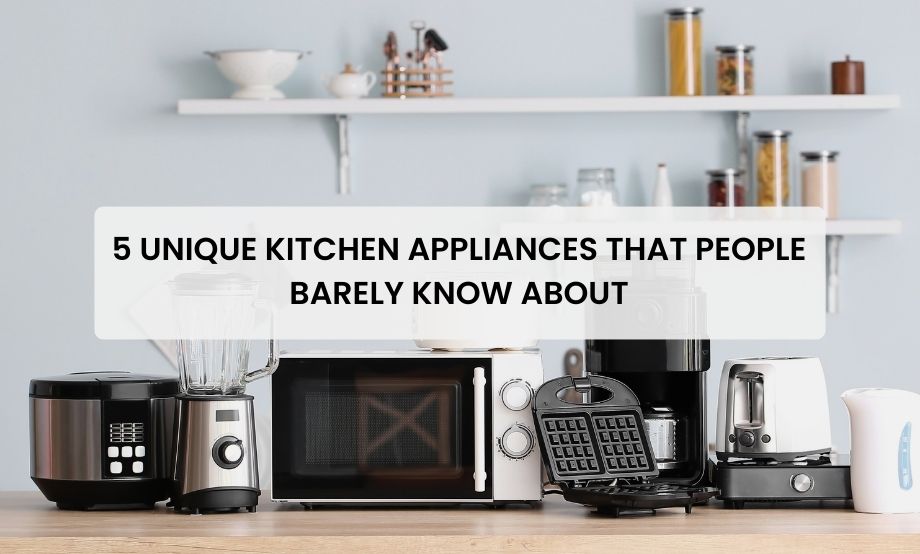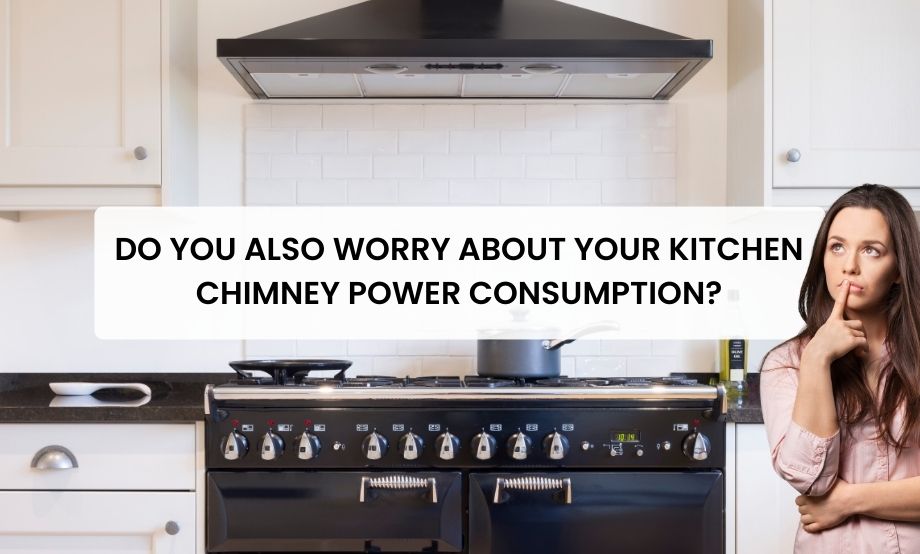![]()
When you think of clean water, you think RO water purifier. Healthy and clean water is inevitable for a healthy lifestyle and a good water purifier does that for us. Therefore, a home must have a RO purifier to maintain the health of the whole family.
There are various types of water purifiers on the market, each with its own set of advantages and downsides. However, RO water purifiers have been proven to be the most effective at eliminating pollutants from water.
What is a RO Water Purifier? How Does it Work?
An RO purifier (aka UV UF water purifier) is a device that cleanses water using reverse osmosis. This means that it removes pollutants from water using a partly permeable membrane. RO water purifiers are appropriate for high TDS (total dissolved solids) water, such as borewell or tanker water.
Only water can flow through the tiny holes of the RO membrane, which also leave behind contaminants like salt, certain heavy metals, bacteria, fungi, and pathogens. You ultimately get clean, pure drinking water, with all contaminants having been eliminated via a separate outlet (also known as a reject line).
Advantages and Disadvantages of Water Purifiers

There are a few advantages of an RO water purifier for home.
- They can filter out dangerous bacteria, metals, pesticides, and other contaminants that dissolve in water.
- By filtering out chlorine and other pollutants, they may improve the water’s taste and smell.
- Using a TDS controller or a mineral cartridge, they can keep the healthy minerals in the water.
Some of the main drawbacks of an RO purifier are as follows:
- RO water purifiers need power and running water with the right amount of water pressure to work.
- RO water filters make a lot of waste water, which is flushed out with the contaminants.
- RO water filters take out important minerals like iron, magnesium, calcium, and sodium that the body needs. This can lead to mineral deficiency.
- Due to demineralization, RO water filters may change the taste of the water by making it tasteless or acidic.
- RO water purifiers take longer than other types of water filters to clean water.
- RO water filters cost a lot to buy and keep up. The RO membrane and other filters need to be changed out often.
What is the Price of an RO Water Purifier in India?
RO water purifiers range in price starting at as 7,000 to as much as 45,000. This price range is obviously for RO water purifiers that are predominantly intended for residential use. RO water purifiers designed for offices and entire structures can cost several lakhs of rupees.
The price of a RO water purifier depends on a number of variables, but the water filtration rate is the most important. Other factors include its construction quality, the number of additional filter chambers, brand value, the length of the warranty, service speed and quality, service coverage, the availability of hot or cold water, and smart features such as Wi-Fi connectivity and a smartphone app.
How to Maintain a Water Purifier?

Water purifiers require a lot of maintenance for them to function without any issues. Here are some top water purifier maintenance tips.
Never Ignore Drips and Leakages:
Dripping and leaking can cause significant damage to your water purifier and squander a great deal of water. They may also signify a problem with your water purifier’s fittings, valves, pipes, or membranes.
Regular Filter Change:
No matter what type of filtration process your water purifier employs, you must consistently replace the filters. The filters can become obstructed with impurities over time, affecting the water’s purity and quality. Depending on the brand and quantity of filters to replace, the RO water purifier filter change cost ranges between Rs 2000 and Rs 6000.
Clean Your Water Tank:
Changing filters is a component of water purifier maintenance. Additionally, you must periodically sanitize your water tank to prevent the development of bacteria and algae. You can sanitize the tank with a mild bleach or vinegar solution and then thoroughly rinse it with clean water.
Examine the Pressure Nozzle:
The pressure nozzle is the component responsible for regulating the water movement into the water purifier. If the pressure is too low or too high, it can interfere with the filtration process and cause membrane injury.
Replace and Purchase Replacements as Needed:
Occasionally, you may need to replace or acquire new water purifier components, such as membranes, valves, pipelines, etc. Always purchase genuine and compatible replacement parts from authorized dealers or service centers. Using low-quality or incompatible replacement components can cause damage to your water purifier and void its warranty.
How Much is a Water Purifier Maintenance Cost?
Many homeowners find out, after purchasing a brand-new RO water purifier, that the annual maintenance costs can reach 5,000-6,000. This is because the constant flow of water through the filtration degrades them.
If you purchase a 10,000-12,000 RO Machine and spend 50-60% of your RO purchase price on maintenance each year, you may end up spending three times the price of the RO Water Purifier just to maintain it over its tenure.
One of the factors contributing to the high price is the short lifespan of the disposable filters. In addition, the presence of intermediaries and duopoly in the branded water purifier machine market enables companies to charge exorbitant maintenance fees.
Take a look at our top 10 water purifier options in India to help you decide which one to buy.
Wrapping Up
RO water purifiers are a necessary asset for every home despite their annual maintenance cost. They are the means to pure safe water today as the water that is deemed portable by the authorities contains a lot of elements that can cause us many health problems. Therefore, Caps India also provides RO water purifier repair services for you so you don’t have to worry about the maintenance much.
So, have you been using a water purifier? Comment what problems you faced using it and also if you have any maintenance tips for the other users.




